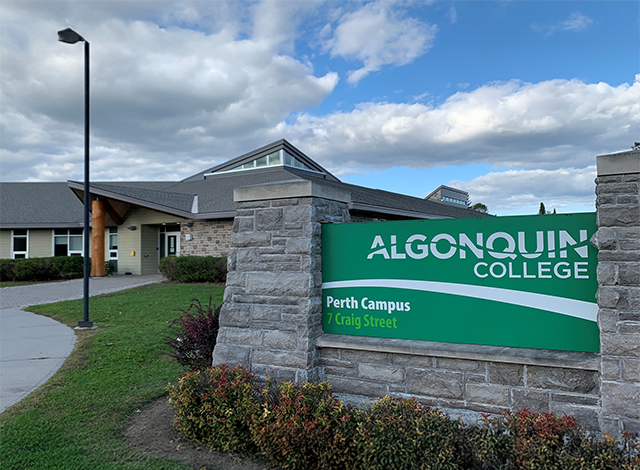LAURIE WEIR

The discussion surrounding the reopening of the Joyceville abattoir has sparked heated debates, with strong cases on both sides. Proponents argue that reopening the facility would help local farmers by increasing meat processing capacity and providing jobs for inmates. However, a closer examination reveals significant ethical and practical concerns that should make us reconsider this proposal.
Firstly, the cost of reopening the abattoir is staggering. Estimates suggest that it would take $5 million to make the facility operational again, far exceeding the building’s value. This figure doesn’t include the ongoing maintenance and operational costs, which would be borne by taxpayers. Given the availability of alternatives, such as rebuilding the Quinn’s Meats facility in Yarker or constructing a new, modern abattoir, this investment seems both unnecessary and unwise.
In an era where governments are struggling to balance budgets, spending millions on reopening a prison abattoir appears to be a poor use of public funds. Why should taxpayers foot the bill for a project that might not even be the most cost-effective or efficient option available?
Beyond the financial concerns, the ethical implications of using prison labour for slaughter work cannot be ignored. The idea of having inmates perform such physically and psychologically demanding work raises serious human rights issues. Prison labour, by its very nature, involves a power imbalance. When inmates are asked to perform emotionally taxing jobs like slaughterhouse work, it crosses a line that society should be unwilling to accept.
International guidelines, including those set by the International Labour Organization (ILO), emphasize that prison labour should be voluntary, and fair, and should not exploit the workers involved. It’s hard to see how slaughterhouse work—an industry already associated with high levels of stress, trauma, and even post-traumatic stress disorder (PTSD) among free labourers—can be reconciled with these standards when imposed on inmates.
Furthermore, studies have shown that slaughterhouse work is linked to higher rates of violence and unemployment among workers. Subjecting inmates to such work risks worsening their psychological well-being and hindering their chances of successful reintegration into society. Instead of helping inmates develop useful, transferable skills that can aid in their rehabilitation, we might be setting them up for failure.
The Joyceville abattoir’s structural and safety issues add another layer of complexity to this debate. The facility has been reported to have mould and other maintenance problems that pose a risk to both the workers and the consumers of any meat processed there. Reopening the facility without addressing these significant issues is irresponsible and dangerous.
While proponents argue that reopening the abattoir would provide a much-needed boost to local farmers and the agricultural economy, the focus should be on finding sustainable and ethical solutions. Supporting the rebuild of Quinn’s Meats or investing in new facilities that meet current safety and ethical standards is a far better approach. These alternatives would not only create jobs but also ensure that the work environment is safe and that the meat produced is of the highest quality.
The regulatory challenges cannot be overlooked. The Joyceville abattoir would need to meet today’s stringent food safety, animal welfare, and environmental protection standards, which have evolved significantly since the facility was last operational. The cost and time required to bring the abattoir up to code could further delay the project and increase expenses, making the investment even less attractive.
The reopening of the Joyceville abattoir is fraught with financial, ethical, and practical concerns that make it a questionable endeavour. Instead of pouring money into a potentially hazardous and ethically problematic facility, we should explore more viable, sustainable alternatives that respect both the rights of workers and the needs of our local farming community. It’s time to look forward, not backward, in our approach to local food production and prisoner rehabilitation.
READ: The abattoir debate — cost, safety and ethics are concerns for local voices















